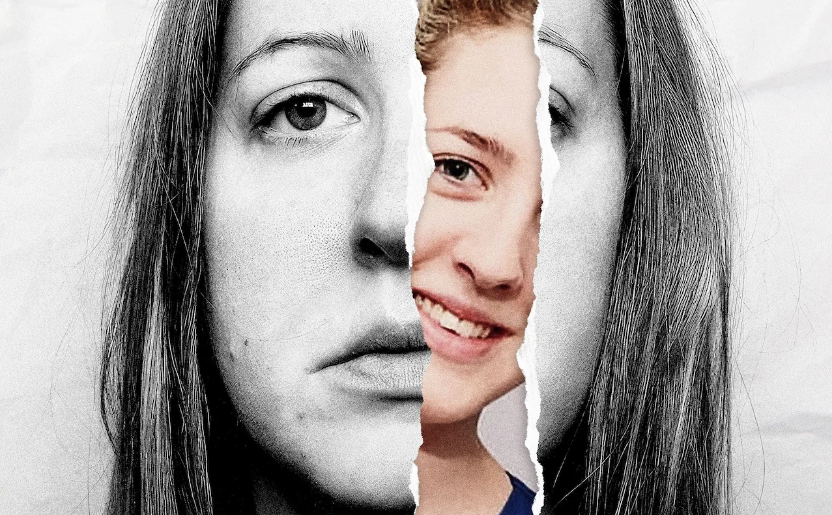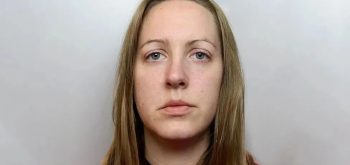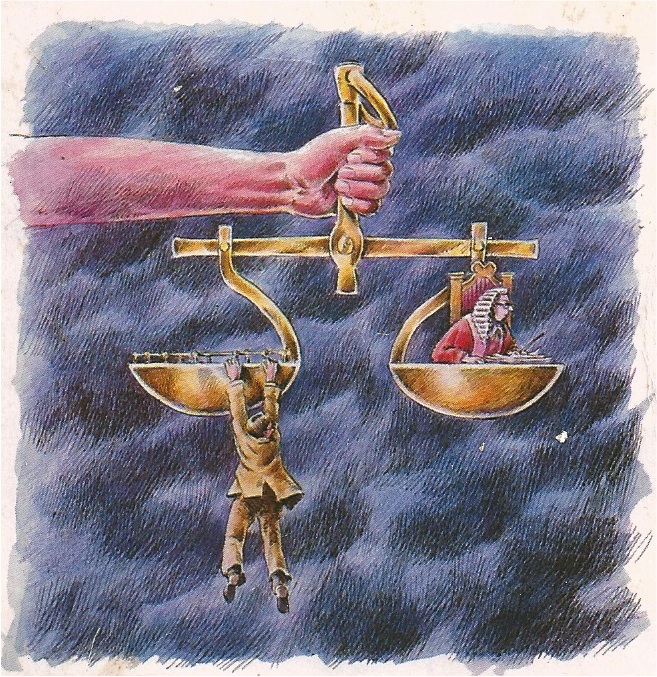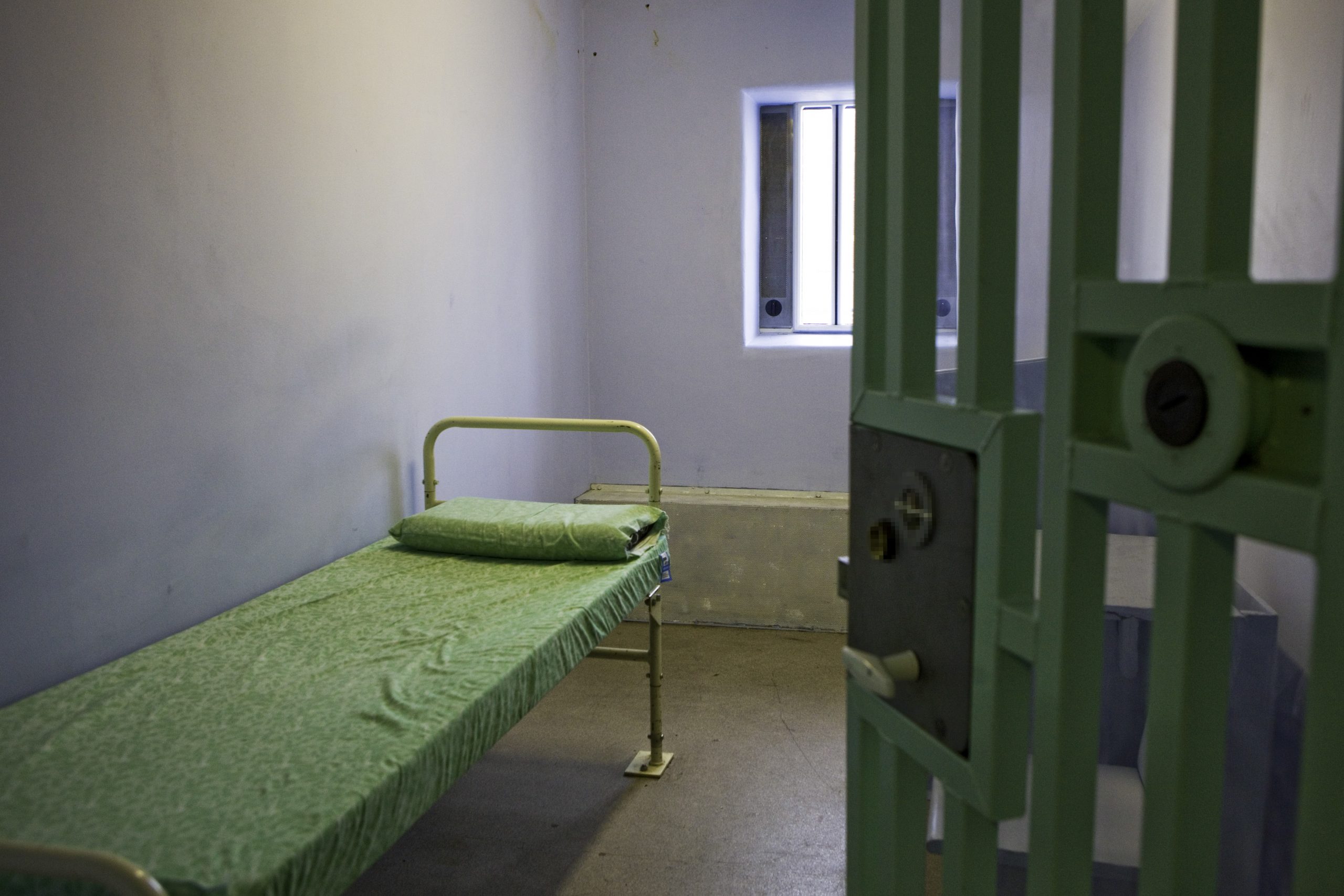More than 400 healthcare professionals have backed a new initiative warning of ‘a culture of fear’ in the NHS preventing staff from speaking out and risking future medical miscarriages of justice as nurses take the blame for systemic failings. The coalition of NHS workers – NineteenNurses.com – is calling on healthcare unions to demand an independent review into the conviction of former neonatal nurse Lucy Letby.
The group has 436 members comprising 200 nurses and another 236 healthcare professionals including, according to one of the group’s founders, ‘doctors, radiographers, consultants, retired doctors, physiotherapists, occupational therapists, and psychiatrists and even a retired hospital chief executive’. The nurse has asked to go by the name of ‘Bertie’. ’It’s not my real name. It’s actually my dog’s name. It doesn’t feel safe to be able to come out and speak openly. That is really sad,’ she told the Justice Gap. ‘It just takes one referral to your nursing council and they have to investigate and then they say we are bringing nursing into disrepute because it’s such an emotive case – little babies have died. They’ll just go with the flow of sentiment rather than reality of what we’re trying to do here.’
‘People have been trolled. I know people who have had their businesses ruined. We should be able to have some platform where professionals can speak out without fear of the public, without fear of government, without fear of their organizations. We do have a duty of candour. It is being suppressed. Nurses are being gagged. They are too frightened to speak out and we have a duty to the public to tell the truth – especially if you feel there is something wrong happening.’
Bertie, one of the founders of NineteenNurses.com
The name of the group comes from 19 nurses who signed an open letter to Sir Keir Starmer last August warning that the Letby conviction had left them ‘terrified’ to continue working in the NHS. The collection of health professionals has grown exponentially since then and is now calling on unions ‘to stand with us in protecting the profession from the weaponisation of blame in a system already buckling under immense strain’. ‘Letby’s case is not an isolated fear—it has sent shockwaves through our community. If a nurse can be convicted in such a manner, without irrefutable evidence, then any nurse could be next,’ the statement reads.
The group is calling for a royal commission to conduct a forensic examination of the evidence presented in the case. They argue that Letby’s conviction ‘based largely on circumstantial evidence and contested medical opinions’ has sent ‘a chilling message across the NHS: that any nurse working in a strained, high-risk environment could face criminal charges for systemic failures beyond their control.’ ‘This isn’t justice,’ it continues. ‘This is scapegoating. If a nurse can be convicted in such a manner, without irrefutable evidence, then any nurse could be next.’
‘Bertie’ is a nurse with four decades of experience mainly in adult care as a stroke specialist but also in children’s nursing as well. She claims to have followed the Letby trial ‘with an open mind’. ‘I didn’t look at Lucy and have a gut feeling she’s innocent,’ she told the Justice Gap. ‘If I thought for one second, she had harmed a hair on the head of a baby, I wouldn’t call for the death penalty because I don’t agree with it; but I would call for the 15 whole life terms.’
Does she see the tide turning as public sympathy builds for Lucy Letby? ‘I do. We focus on the fact that it is an unfair conviction. Lots of aspects to do with the case only came to light post-conviction, and they were not shown to the jury. If they had been shown to the jury, would there have been a different outcome? I certainly think there would.’
Is the ‘culture of blame’ anything new in the NHS? ‘I have been working in the NHS for 40 years. There has been a decline in camaraderie and teamwork over the last ten to 20 years. I have witnessed bullying, but I have also witnessed fantastic compassion. The NHS is very hierarchical. I have worked with fantastic consultants who are collaborators and then I’ve worked with the dictatorial ones as well. There is a mixture. It can be very toxic. If you put somebody’s back up whether it be a consultant or somebody higher up than you, then you need to watch out.’
‘The accusers of the crime are the consultants and they investigate for the police – and the police are allowing them to look through patient’s notes which is polluting the chain of evidence. The consultants do the investigation for the police and the police run with it and then they become witnesses for the prosecution. It is not right. They investigate for the police and become the inquisitor – it needs to change.’
Isn’t there a distinction between a duty of candour to speak out about a situation in your own workplace and a situation that has gone through the courts? Bertie says not. She argues that it is ‘quite obvious’ from what has been revealed in the Thirlwall inquiry that there was ‘suboptimal care’ at the unit at the Countess of Chester. ‘What are we meant to do? Sit back and say: “We are not going to speak out – a girl has been convicted, let her go to prison.” If you see a wrong wherever it is in the NHS, you should be speaking out.’
‘There is suboptimal, substandard care is that gonna be brushed under the carpet? Even if Lucy Letby was a murderer, they’ve got to do something about the care. It cannot just be brushed into the carpet because otherwise there are no lessons learned. It’s like a yacht sinking, but there is also a serial killer on board and blaming the serial killer for the yacht going down.’
We refuse to be silent
The statement in full:
We are a collective of nurses, writing to you from the heart of our profession. At NineteenNurses.com, we stand united in our deep concern over what many in the nursing and wider healthcare community believe to be an unsafe conviction in the case of Lucy Letby.
Let us be absolutely clear: every life lost in the care of the NHS is a tragedy. Families deserve answers, and accountability must always be sought where there is wrongdoing. But in this case, we are witnessing something far more alarming—a nurse imprisoned without clear forensic evidence, based largely on circumstantial claims and disputed expert testimony. It is not just Lucy Letby’s liberty at stake, but the very foundation of trust and safety for nurses working across the UK.
Nurses have always been the voice of the patient—their advocate, their protector, their constant. We have spoken up to ensure safety, raised concerns when systems fail, and challenged practices that put patients at risk. But now, in the wake of this conviction, that voice is being silenced. Nurses are afraid.
We are being told, in no uncertain terms, that if something goes wrong, despite best efforts, despite systemic failure, we may be the ones held criminally responsible. That even in high-risk, unpredictable environments like neonatal intensive care, outcomes that are out of our control can be framed as personal failings. This isn’t justice. This is scapegoating.
The duty of candour, a principle we have upheld with pride, is being dangerously undermined. Nurses are second-guessing their clinical judgement, hesitating to speak openly, and in many cases, are afraid to raise concerns, not because they don’t care, but because they fear being punished for telling the truth.
Many who question the fairness of this conviction are being silenced—gagged by professional pressure, fear of disciplinary action, and the chilling reality that advocating for truth could end their careers. But we refuse to be silent. Speaking up for one nurse is speaking up for us all.
We are calling on the UK’s healthcare unions to urgently recognise what this case represents: a profound threat to the safety of both staff and patients.
We demand a truly independent review into this case, free from institutional bias and media influence.
We ask our unions to stand with us in protecting the profession from the weaponisation of blame in a system already buckling under immense strain.
Letby’s case is not an isolated fear—it has sent shockwaves through our community. If a nurse can be convicted in such a manner, without irrefutable evidence, then any nurse could be next.
Let this be a turning point—not towards fear and silence, but towards truth, accountability, and justice that protects both patients and the professionals who care for them. If you share our concerns, please consider signing up for our mailing list or write to your union to voice your support.
We are Nineteen Nurses with hundreds of members. And we will not stay silent.







